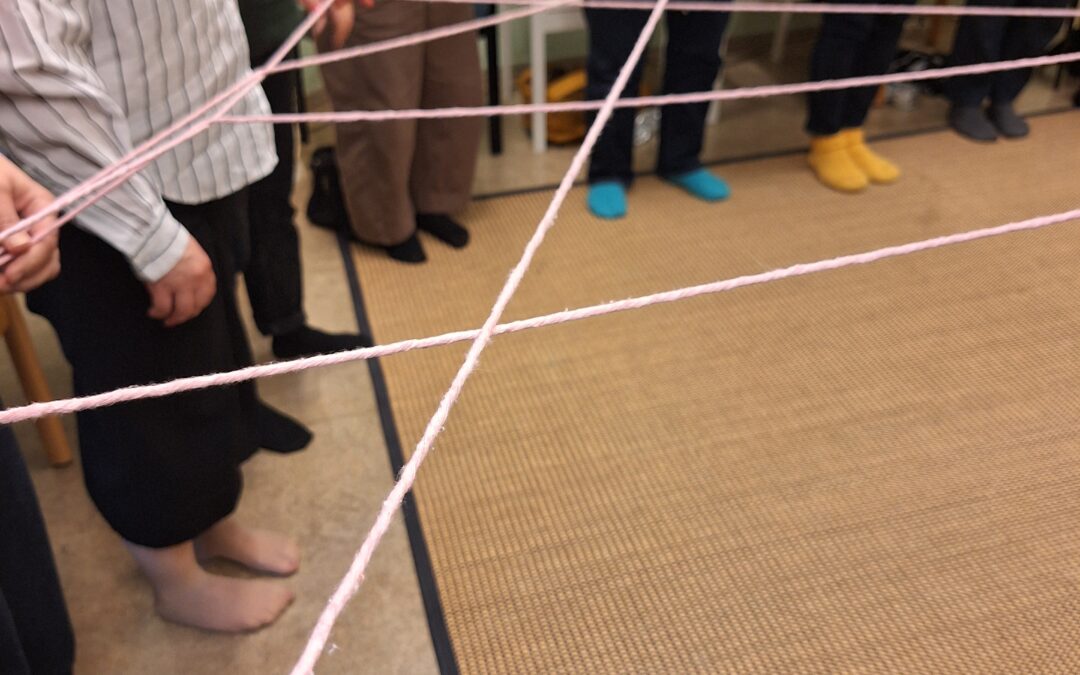Rhythms of Democracy – finding our pace to enhance democracy
When running a project that is focused on enhancing democracy, the inevitable questions that haunt us are: Is our project, or its ways of working, democratic? Am I enhancing democracy on a daily or weekly basis through my work? These questions have led me to ponder the rhythms of democracy.
Another consideration is the temperament and pace of a person. Some of us are quick to think and speak out. Others need more time to think and to collect their thoughts in order to provide a response. Some are quick to volunteer and promote their ideas, and, for a variety of reasons, others would never be the first person to volunteer for a task. Of course, these examples are stereotypes and most people sit somewhere between, depending on the context. However, the rhythm and tempo intertwined with our personality plays a role in our interaction with others.
These rhythms of democracy were tangible in a dialogue event held in Helsinki on Monday evening (28.4.2025), in liaison with the Dialogue Academy. AECED researcher Dr. Pauliina Jääskeläinen, PI Professor Susan Meriläinen, myself, and 17 participants discussed the interconnection of our embodiment and democracy. Pauliina Jääskeläinen facilitated an exercise in which 6 people at a time walked across the room and back, as one group. The group was not allowed to speak or to negotiate their movements through eye contact – all had to look forward and move through sensing the other bodies around them.
The slow motion of the exercise caused me to ponder the rhythms of democracy at play. I noticed how difficult it was for me to slow down and to match my pace with others – quite often, I’m someone who likes to do things fast. The slowness also provided space to analyse what was going on, what my impulses were and how I find the rhythm of others. Such reflection is often impossible in the hectic rhythm of project life and meetings, with full agendas, a variety of opinions and the pressure to perform. However, pausing to sense the rhythms of others and finding a common pace might produce more democratic outcomes, in work and life more broadly.
This relates to broader themes of time, and what kind of meaning time plays in our work, something that AECED researcher, Professor Karen Mpamhanga has written about. Another issue it highlights is the role institutions play in creating a democratic, or undemocratic, learning environment, something that our German team, led by Professor Susanne Weber has focused on. As we continue in this project, attuning to each other’s rhythms – of language, pace, and presence – will not only enrich our collaborations, but also strengthen democracy by fostering the conditions where mutual care, attentiveness, and shared becoming can truly take root.
Blog written by Pilvikki Lantela M.Sc. (Admin.), University of Lapland
#Education4Democracy

